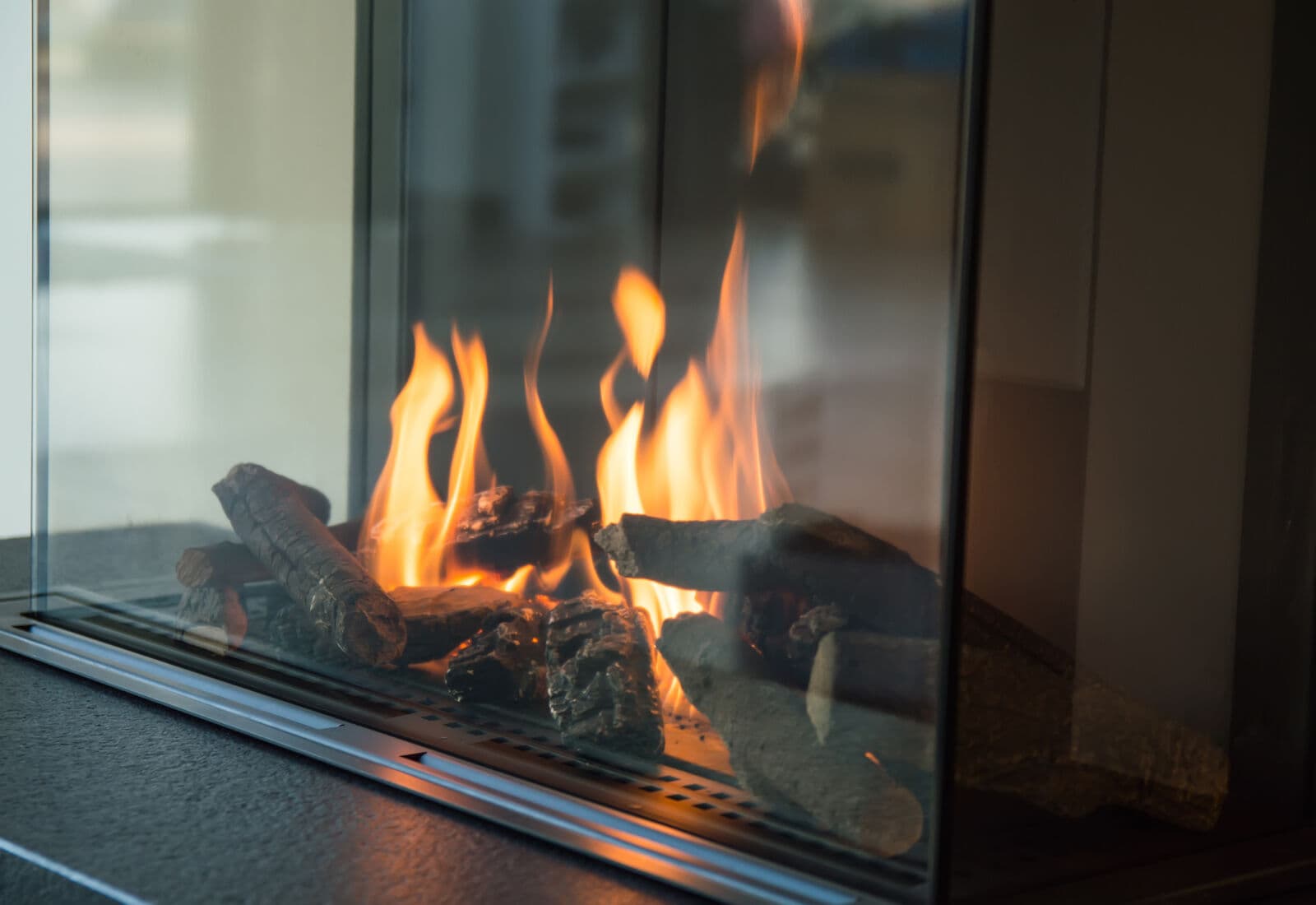Wildfire Safety
There are an average of 1,352 wildfires in BC each year. On average, 42% of these are human-caused and 58% are lightning-caused.
Minimizing Wildfire-Related Hazards
Wildfires are a growing concern across British Columbia as dry conditions and less precipitation contribute to an elevated risk across many parts of the province. For residents in areas with a high risk of fire, there are potential hazards associated with gas and electrical equipment that you should be aware of. Technical Safety BC reminds homeowners and businesses to take precautions with gas and electrical appliances if fire, evacuation, or loss of power is expected.
How to Prepare for a Wildfire in Your Area
In the event of an active evacuation order, follow the instructions of authorities. Do not remain in your home or business. If time allows, follow these tips:
- unplug non-essential electrical appliances;
- move portable propane cylinders away from any house or structure to an area where fire impact will be minimal; and
- ensure that all valves and power knobs on appliances and systems are turned off.
Note: if natural gas is provided by Fortis BC or Pacific Northern Gas, do not shut off your natural gas. Your supplier will shut it off if required. If gas is provided by another supplier or you have propane, shut off the main gas supply upstream of the gas meter or at the propane tank or cylinder.
Returning Home After a Wildfire Evacuation Order
Only return to your home once the area of occupancy has been declared safe to enter by the proper authorities. Follow these precautions when returning to a fire-damaged area:
- complete all safety requirements of authorities (police and fire officials);
- if you smell rotten eggs, it is likely natural or propane gas. Leave the area immediately and call your gas utility, propane supplier, or 911; and
- do not plug in or turn on any water-damaged appliance or system. Call licensed gas and electrical contractors to do an inspection first.



